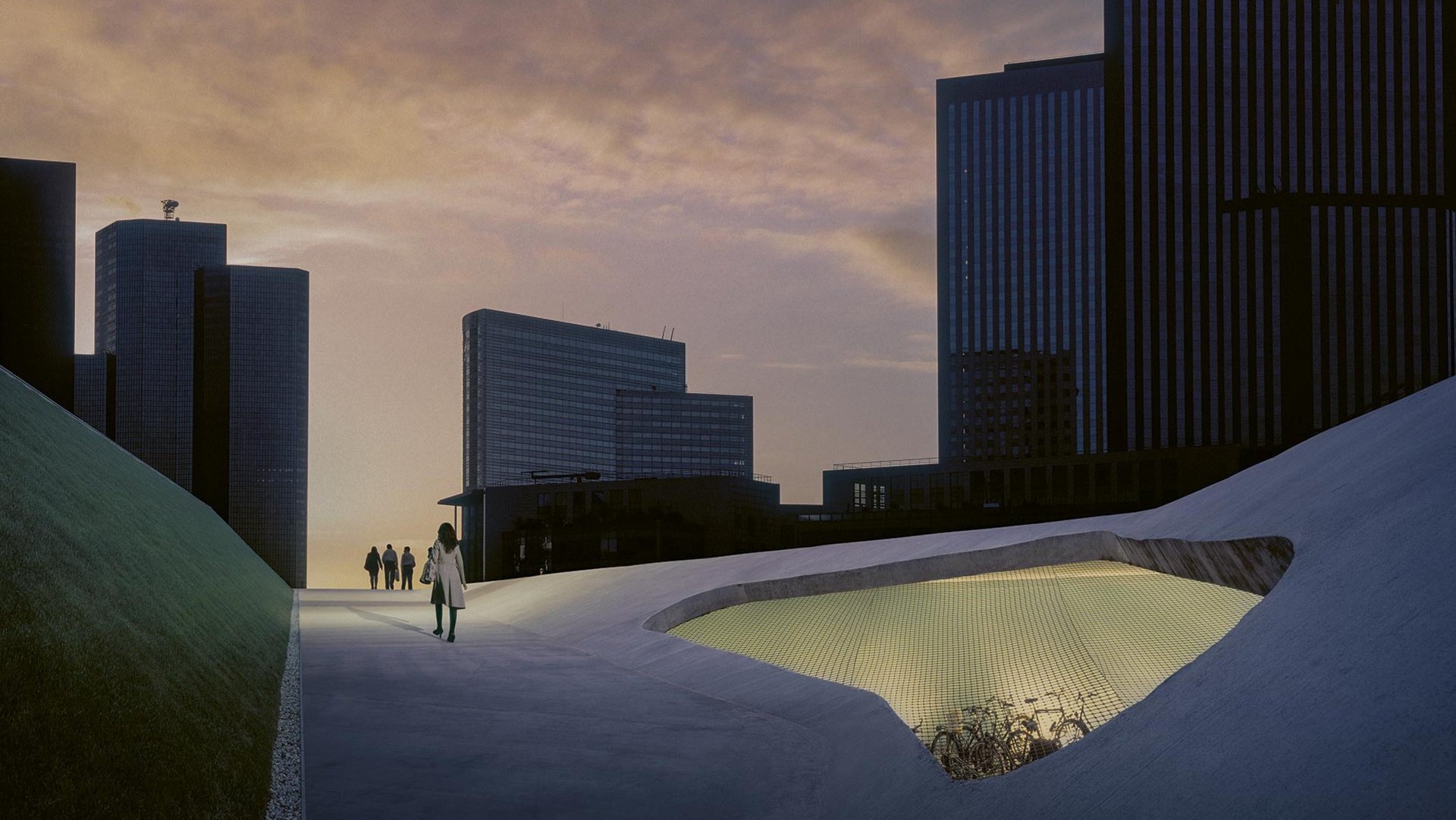Greener world
LafargeHolcim is committed to
Net
Zero
The time for climate action is now
Building does everything from meeting basic human needs to enabling social progress to giving shape to people’s aspirations. Our strategy aims to grow our business while addressing key challenges such as climate change, urbanization and population growth.

We’ve accelerated our impact in 2020
Sustainability is linked to our core strategy as we make the transition towards low-carbon construction and creating a circular economy. We provide materials and solutions for a circular, low-carbon and inclusive world, re-shaping the way our industry builds.
Our net zero pledge
Reducing CO2 emissions is key for us to continue creating long-term value. Our cement is one of the most carbon-efficient in our sector. Our scope 1 and scope 2 emissions per ton of product are 28% lower than in 1990.
Reducing our carbon footprint

Levers to reduce carbon
To reach our 2030 targets we will invest in proven technologies that leverage our expertise, especially reducing our clinker factor and using alternative fuels instead of fossil fuels (or increasing our ‘thermal substitution rate’).
Our CO2 footprint

Other stories

LafargeHolcim signed net zero pledge
LafargeHolcim joined the Science Based Targets initiative (SBTi) “Business Ambition for 1.5°C,” becoming the first global building materials company to sign the pledge with intermediate targets for 2030, validated by SBTi.

Global rollout of green concrete ECOPact
LafargeHolcim introduced ECOPact, the industry’s broadest range of green concrete, delivering high-performing, sustainable and circular benefits. This introduction is an essential component of the company’s strategy to advance the transition towards low-carbon and circular construction.

LafargeHolcim joined MIT Climate and Sustainability Consortium
LafargeHolcim joined the MIT Climate and Sustainability Consortium (MCSC) as a founding member, representing the building materials industry, to accelerate climate action through innovation.


